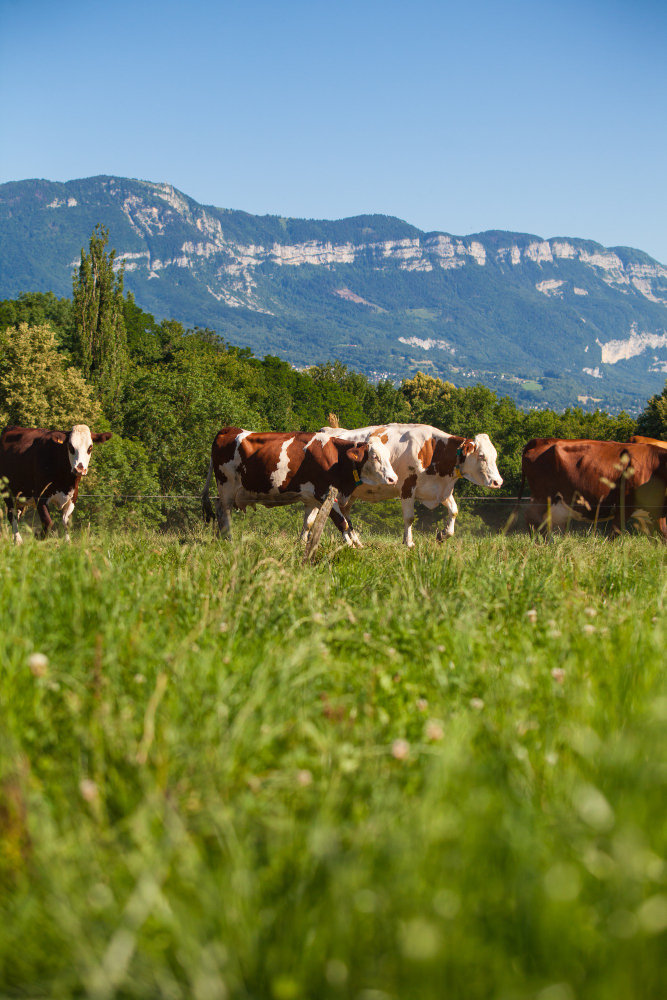On the occasion of World Environment Day (June 5), PROVACUNO launches its new campaign: “Special Mission for Beef.”
This initiative seeks to highlight the beef sector’s commitment to sustainability, the rural environment, and the future of the planet. Because producing responsibly is also part of the mission. From the field to your table, the journey of European beef becomes a mission for the climate, animal welfare, and the circular economy.

The project will launch a tool to understand the emissions of the beef sector, covering both livestock and industrial production, with the goal of further improving environmental sustainability. To this end, an API will be developed that will connect an emissions calculation application with the management systems (ERPs) used in the sector. This will allow livestock farmers and manufacturers to automatically, quickly, and accurately assess the emissions from their farms or industries, facilitating decision-making to reduce their carbon footprint.
The actions aimed at the sector will culminate in two editions of an International Symposium on the Sustainability of European Beef Cattle, to be held in Brussels and accessible both in person and online. This symposium will feature internationally recognized experts and entities with recognized scientific standing in sustainability issues. The first edition will be held on November 12th; registration is free and is now open through the website www.vacunosostenible.eu.
Involving citizens in Europe’s sustainability
Achieving a Sustainable Europe is everyone’s responsibility, and therefore, over the three years of the program, a significant effort will be made to inform citizens in general, and young people between 18 and 40 years of age in particular, about the sustainability of the European beef sector, always based on science. This effort will also highlight how continuous improvements are being implemented at all stages of the process to achieve the Carbon Neutral Target and what measures the sector is taking to reduce its greenhouse gas emissions and improve soil conservation.
During the campaign, scientifically proven content will be generated and disseminated through the website, social media profiles, and seminars held at universities with the participation of various researchers and experts in sustainability and climate change.
















